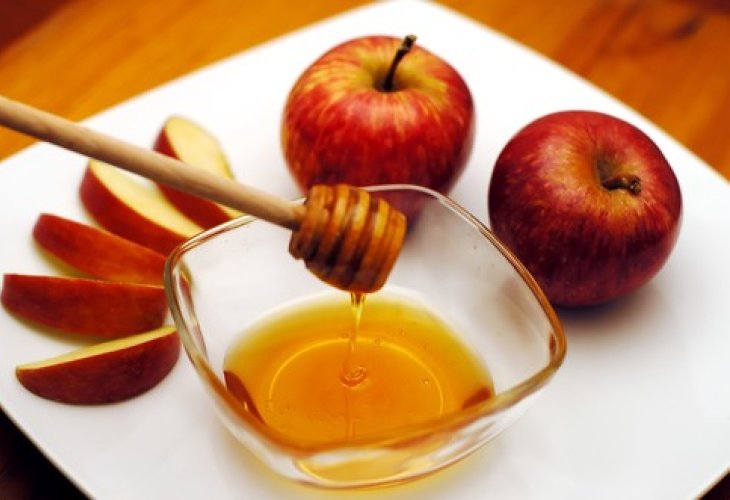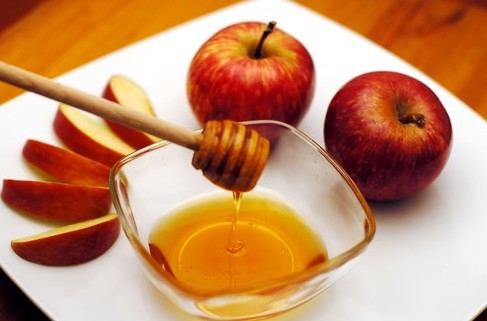Jewish Law
Is It Permissible to Cry During Rosh Hashanah Prayer? Rosh Hashanah Q&A
Is it acceptable to cry during Rosh Hashanah prayers? Is it permissible to eat before the Musaf prayer and shofar blowing?
- |Updated

Question: During Rosh Hashanah prayers, I often find myself moved to tears. A friend told me he heard this is prohibited. What does Jewish law say about this?
Answer: In the book Sha'ar HaKavanot (page 90a), Rabbi Chaim Vital wrote in the name of his teacher, the Ari z"l: "My teacher used to cry profusely during Rosh Hashanah prayers, even though it is a holiday, (and certainly during Yom Kippur prayers). He would say that anyone who does not cry during these days- indicates that their soul is not proper and complete."
Similarly, the Chida writes (in 'Moreh B'Etzba') that one should pray the evening service of Rosh Hashanah with tears and great intention, worried yet trusting. And although it is written in Nehemiah (8:9): "Do not mourn and do not weep, etc.," the book Chazon Ovadia (Yamim Noraim, page 89) reconciles the Arizal's view, explaining that a person should not deliberately bring himself to tears because of the sanctity of the holiday.
However, one who is spontaneously moved to tears during prayers due to spiritual enthusiasm, deep devotion, and focus during the High Holiday prayers—there is absolutely no restriction against this.
Question: On Rosh Hashanah, I pray at a synagogue where people eat fruits and cakes (less than the size of an egg, 50 grams) before the shofar blowing, without Kiddush. Is this practice correct according to Jewish law?
Answer: The Shulchan Aruch (Orach Chaim 89) states that it is forbidden to eat before prayer. The Talmud (Berachot 10) explains that this prohibition is derived from the verse "You shall not eat over the blood" (Leviticus 19:26), meaning do not eat before you pray for your life. Additionally, eating before prayer demonstrates arrogance, as if one only turns to prayer after satisfying their physical needs.

Early and later authorities discuss the obligation of Kiddush before the Musaf prayer. In Responsa Yabia Omer (Vol. 5, Ch. 22), this issue is examined, investigating the root reason why eating before Musaf prayer is forbidden.
His main conclusion is that a small amount of food is permitted before Musaf prayer, since a large meal might cause one to forget to pray Musaf at its proper time. Nevertheless, due to the significant disagreement on this matter, he rules that only a weak person may eat a light snack between Shacharit and Musaf without Kiddush—and only if he cannot make Kiddush over wine. After Musaf prayer, he should return to make Kiddush over wine.
He further writes in his book Chazon Ovadia (Yamim Noraim, page 112) that Sephardic custom is not to taste anything before the shofar blowing until completing the entire prayer service. Rabbi Shalom Messas z"l (Chief Rabbi of Jerusalem) wrote similarly in his Responsa Shemesh U'Magen Vol. 3, as did Rabbi Shlomo Zalman Auerbach z"l. However, in cases of necessity, they appear to be lenient, and this is the common practice—that someone who is weak may eat and drink a little before the shofar blowing (eating before the shofar blowing is more common among Ashkenazi Jews).
Summary of the law: The prohibition against eating also applies before Musaf prayer. Only in cases of great necessity, such as for someone ill or weak who cannot concentrate during Musaf prayer or shofar blowing, is it permitted to eat a small amount (bread up to the size of an egg, or even a larger amount of fruits). If possible, one should make Kiddush before eating. After Musaf prayer, one should make Kiddush again over wine and eat the holiday meal with bread.
Rabbi Shai Amar is a rabbi in the Halachic department of Hidabroot
Questions for the rabbi: 054-8448909

